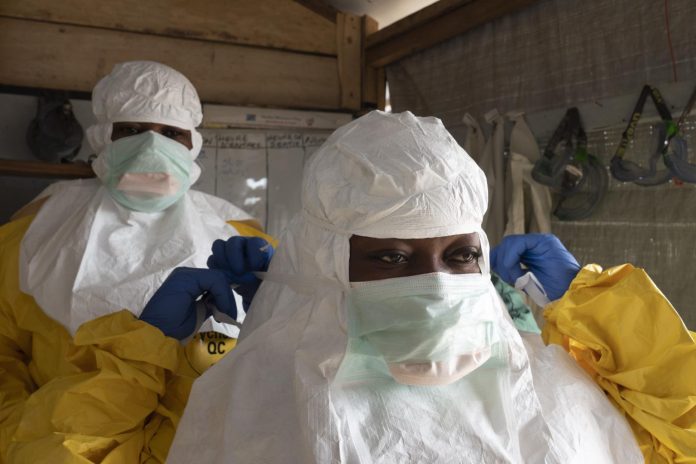So far, seven cases, including one death, have been confirmed to have contracted the Sudan ebolavirus – one of the six species of the Ebolavirus genus, in Uganda. Forty-three contacts have been identified and 10 people suspected to have caught the virus are receiving treatment at the regional referral hospital in Mubende, the district where the disease was confirmed this week, making it the first time Uganda has detected the Sudan ebolavirus since 2012, according to the World Healt Organization.
“We are acting quickly and decisively to draw the reins on this outbreak. Our experts are already on the ground working with Uganda’s experienced Ebola control teams to reinforce surveillance, diagnosis, treatment and preventive measures,” said Dr Abdou Salam Gueye, Regional Emergency Director with the WHO Regional Office for Africa. “Africa’s stronger homegrown emergency readiness is proving ever more crucial in tackling outbreaks such as Ebola.”
WHO already has six viral haemorrhagic fever kits in Uganda, and one has been delivered to Mubende. While there are no therapeutics that specifically treat Sudan ebolavirus species, early identification of cases and treatment of symptoms greatly increases the chances of survival.
Current evidence shows that ERVEBO vaccine, which is highly effective against the Zaire ebolavirus, doesn’t provide cross protection against the Sudan ebolavirus.
There are at least six candidate vaccines against Sudan ebolavirus which are in different stages of development. Three of them have Phase1 data (safety and immunogenicity data in humans) and the remaining are in the preclinical evaluation phase.
World Health Organization




